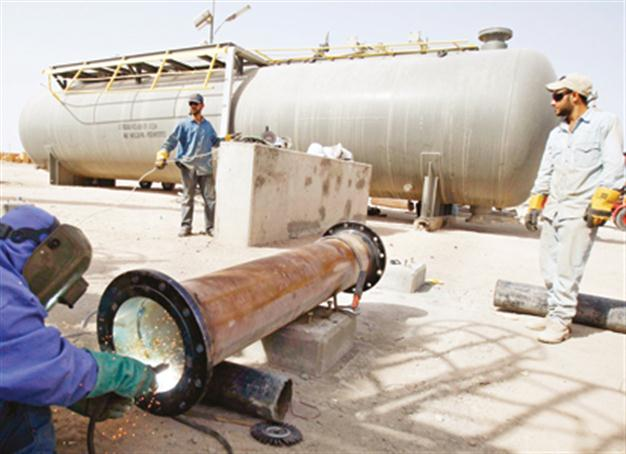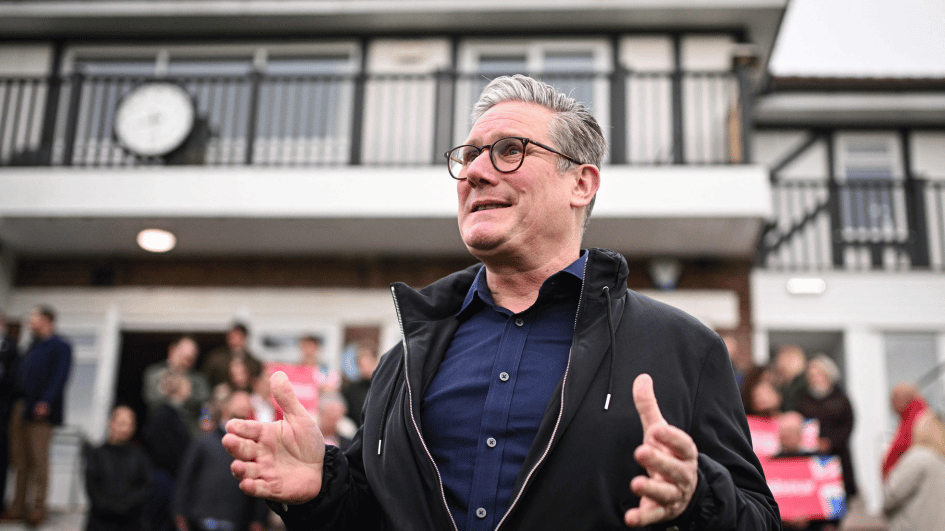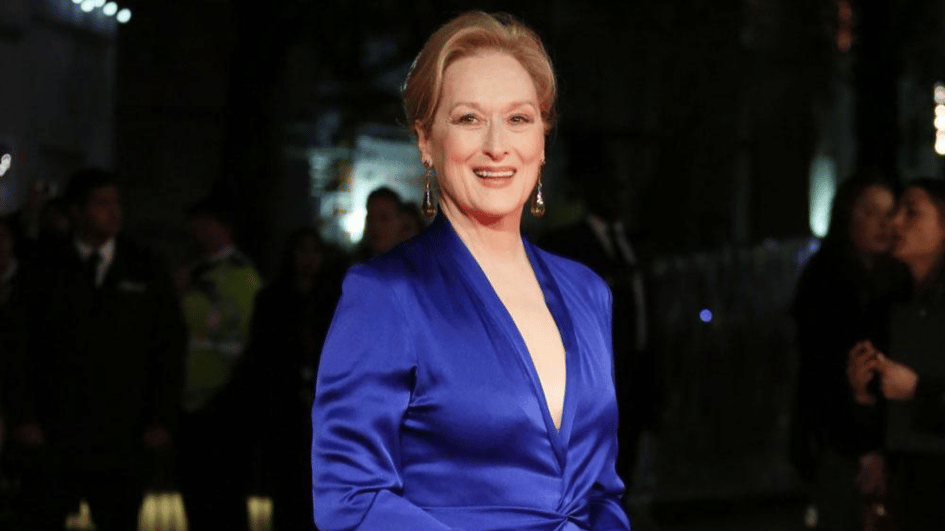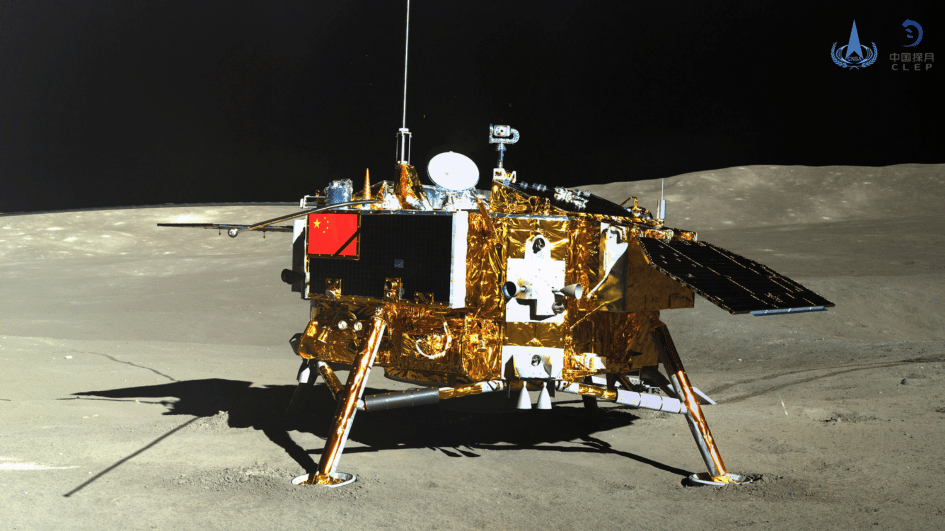Exxon’s interest big in south: Baghdad
BAGHDAD - Reuters

A worker of Iraq’s state-run oil company walks past at a crude processing facility at Nahr Bin Umar field, north of Basra, southeast of Baghdad in this Nov 10 photo. REUTERS photo
Iraq believes Exxon Mobil has less interest in pursuing a disputed oil deal in the country’s semi-autonomous Kurdistan region because it has a much larger contract in southern Iraq, its oil minister said Nov. 19.
Exxon has signed six exploration oil and gas deals with the northern Kurdish region, which is at loggerheads with the central government in Baghdad over oil and land rights.
Baghdad has said any oil deals signed with the Kurdish Regional Government (KRG) are illegal, and has suggested the Exxon accord in the north could jeopardize its contract to develop the West Qurna oilfield in southern Iraq.
“Exxon’s interests in Iraq are large and not to be compared with what was announced from small blocks in the region,” Iraqi Oil Minister Abdul-Kareem Luaibi said in Baghdad before leaving for Japan.
“Talks about this issue will be at a later stage, after we receive a response from Exxon,” he said, when asked whether the Exxon contract would be canceled.
He said he expected a response from the U.S. oil major in the next few days. Exxon has not commented since the deal was announced by Kurdish officials last week.
Exxon, with Royal Dutch Shell, has a multi-billion-dollar contract with Iraq’s Oil Ministry to develop the 8.7-billion-barrel West Qurna Phase One oilfield in the south - one of many large contracts Iraq hopes will help rebuild its crude industry. OPEC member Iraq has signed scores of deals with foreign oil explorers to develop its oilfields as it recovers from years of war and sanctions more than eight years after the U.S. invasion that toppled Saddam Hussein.
But oil majors have until now stayed away from the northern Kurdish region because of the ongoing dispute with Baghdad over who controls disputed territories and the region’s oil resources
















